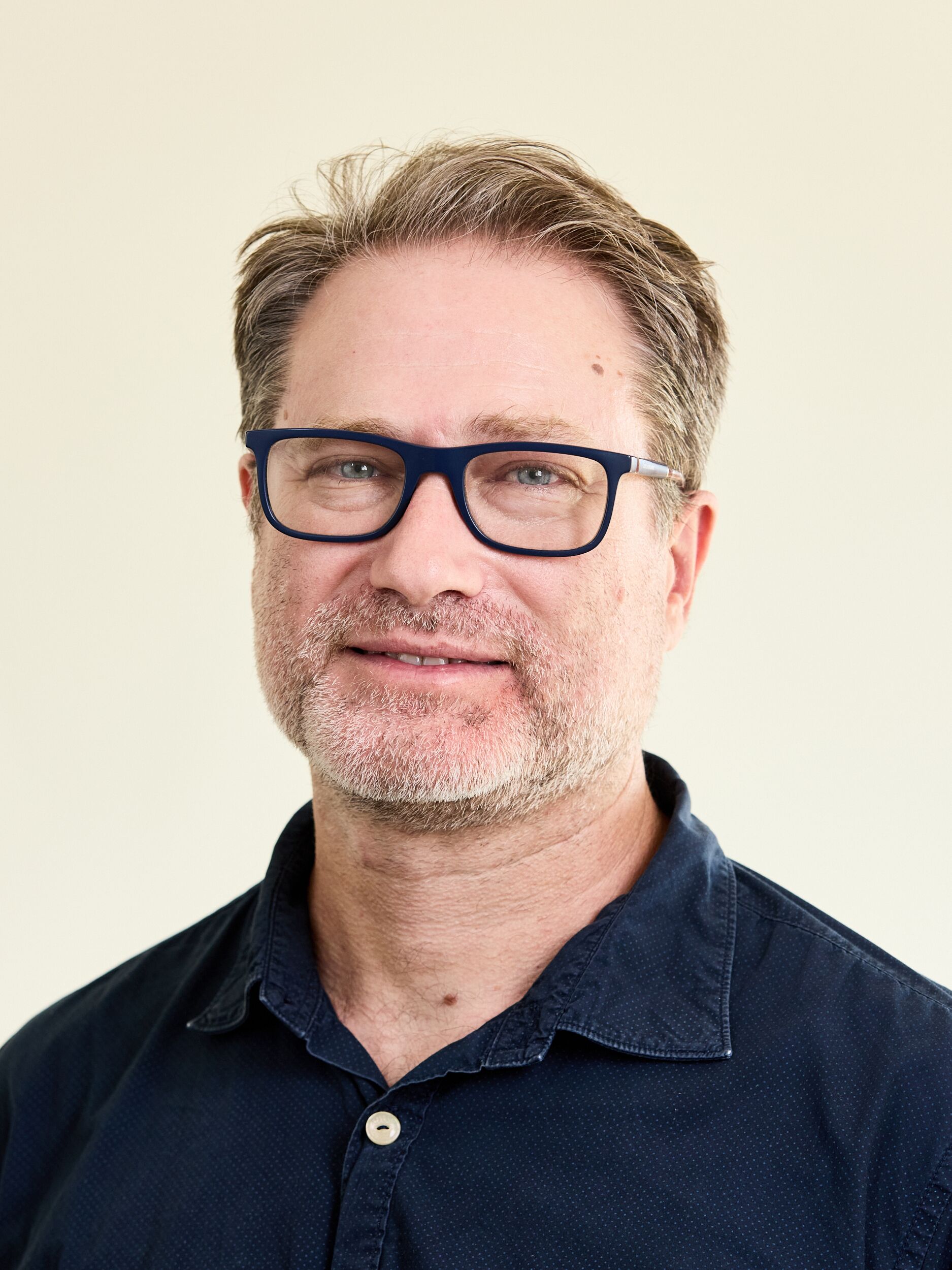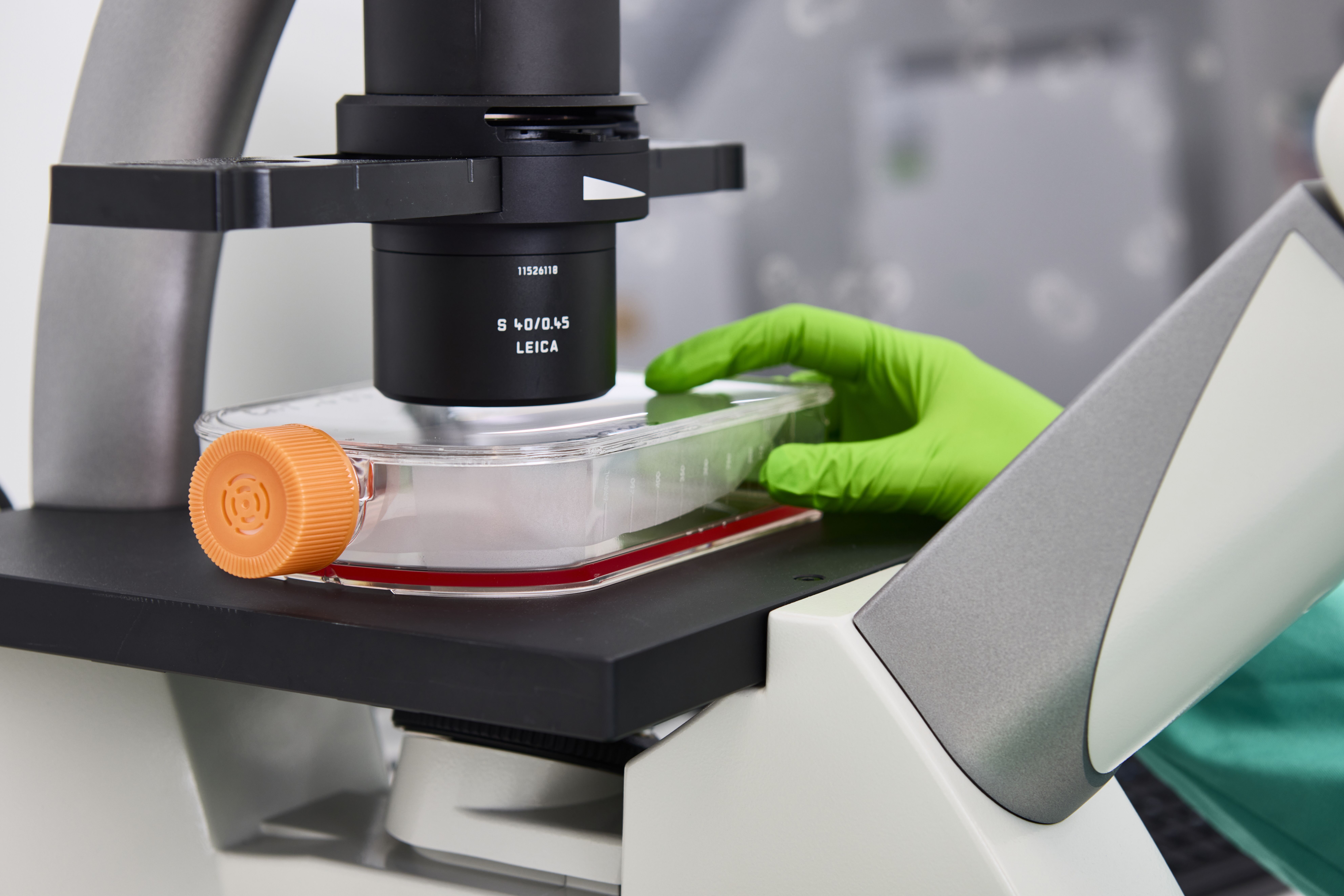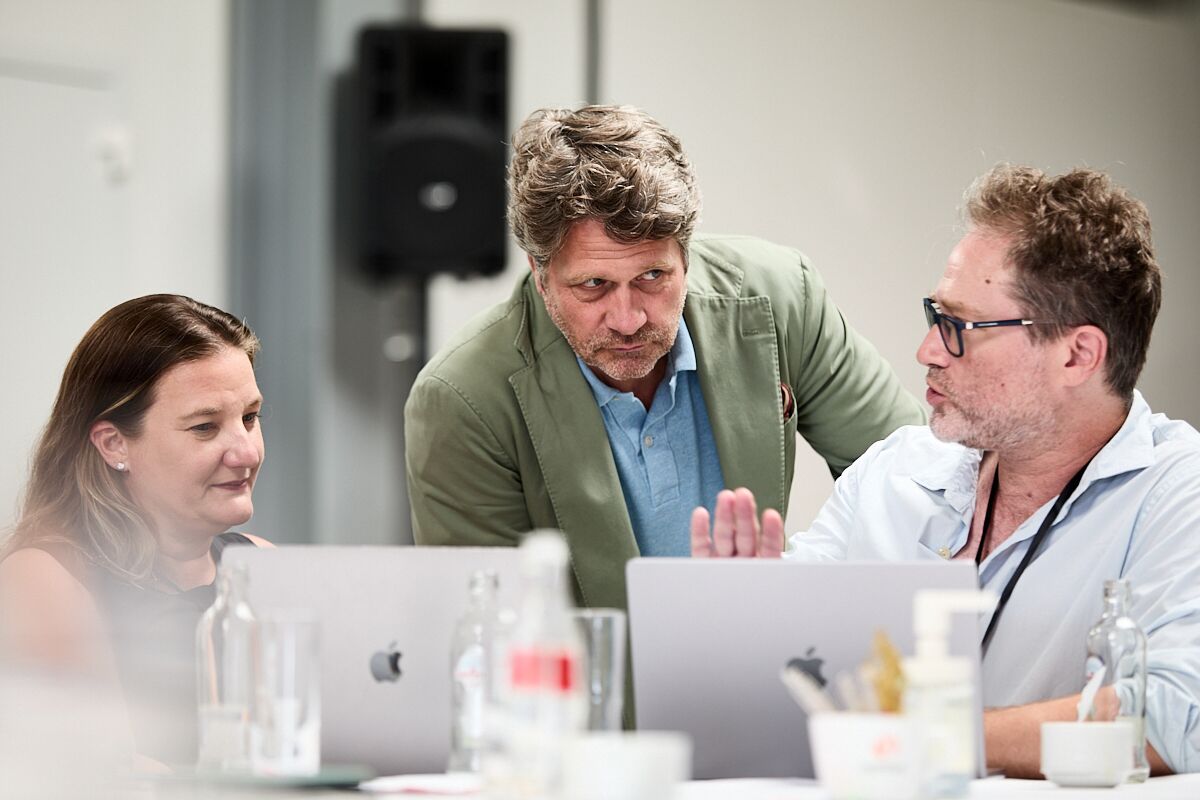
How did you get into bioinformatics?
I started my career as a computer scientist – I undertook a Bachelor of Computer Science degree at the University of California, Berkeley and began my career in computational biology by developing software pipelines to decode the complete genome of the fruit fly Drosophila melanogaster in 2000. I went on to study non-coding gene regulatory elements in the Drosophila genome, completing a PhD in Molecular and Computational Biology at UC Berkeley in 2006.
I moved to Los Angeles to join the faculties of the University of Southern California and Cedars-Sinai Medical Center, as a Principal Investigator and a Director of Bioinformatics. During that time, I published the first complete DNA methylation map of human cancer and was funded as a Principal Investigator in several cancer-related consortia of the US National Cancer Institute, including The Cancer Genome Atlas.
In 2019, I moved my family and my lab to the Hebrew University of Jerusalem in Israel, in part to collaborate with researchers there working on DNA methylation and liquid biopsy. The focus of my research has been the development of new sequencing and bioinformatics methods to understand chromatin architecture and gene regulation in normal development and cancer.

Your work focuses on DNA Methylation, can you tell us more:
DNA methylation specifically marks the genome sequences that determine whether a gene is ‘on’ or ‘off’ and thus can be an excellent marker of particular cell types or disease states. Many regions throughout the genome take on atypical DNA methylation states in cancer, and it’s one of the ways we can look for cancer cells in circulating DNA, which is made up of DNA derived from both cancer and non-cancer cells.
In fact, some of the earliest and most dramatic changes known to happen in the development of cancer are in DNA methylation. Across the genome you lose a lot of DNA methylation – much more than in normal cells – and at certain gene control regions you gain methylation. Some of these patterns do not occur in any normal cell types – they’re completely abnormal and we’re learning that they have functional consequences in the development of cancer.
My goal is to understand the genomic patterns of DNA methylation and other epigenomic markers that underlie gene regulation in disease and develop computational tools and software packages to address this challenge and identify clinically relevant epigenomic biomarkers.
You were part of The Cancer Genome Atlas Program. What did that involve?
Until 2018 I was a Principal Investigator on The Cancer Genome Atlas Program, which was a joint initiative between NCI and the National Human Genome Research Institute and brought together researchers from a diverse range of disciplines and institutions. We looked at DNA methylation in over 10,000 patient tumor samples and described the changes that occurred in 33 different cancer types.
The data generated from the program led to improvements in our ability to diagnose, treat, and prevent cancer and it remains publicly available for anyone in the research community to use.
What drew you to work in cancer?
I started off in developmental biology during my PhD – looking at how genes are controlled in the development of an organ of an animal. My subsequent interest in cancer came from a very basic biology perspective where an initial cell gets one change, then starts growing and accumulates other changes, much like the evolution of an organism. I was fascinated by the parallels to the development of an organism, and in fact many of the same genes active during embryonic development also become active in cancer.
In addition, by working in the field of human cancer for the last 15 years, I’ve worked alongside physicians and seen the tragic consequences of late diagnosis and poor outcomes in certain types of cancer. Early diagnosis is so important, as is the ability to choose effective therapies based on a patient’s specific genetic and epigenetic alterations. Having the chance to work with a company like Volition is really exciting, as there’s an opportunity for a breakthough technology to make a big impact for patient outcomes.
How did you hear about Volition?
I’d been aware of the work of Volition for quite some time as I previously worked with Dr. Terry Kelly, Volition’s Chief Innovation Officer. During my time at the University of Southern California, we worked in the USC/Norris Cancer Center together on several epigenetic sequencing projects focusing on the genome-wide dynamics and composition of nucleosomes in normal cells and in cancer. A major part of this work was the development of NOMe-Seq – a whole genome sequencing approach enabling scientists to look at both nucleosomes and DNA methylation in the same DNA molecule, as a combined signature. We made a great team, with Terry leading the development on the bench side and my group leading the analysis on the computation side.
I was keen to work with Terry again as she’s a tour de force in developing and implementing new ideas. We started working together again on a collaborative basis when she joined Volition, with her team at the innovation lab and my academic lab. I am very excited to work with Volition in support of their mission to develop innovative epigenetic technologies that will ultimately lead to better outcomes for patients.
Volition has a powerful, low-cost epigenetic technology (Nu.Q®) that could be used to monitor a patient over time as they undergo disease treatment. The availability of affordable, accessible testing means you could monitor patients at more frequent intervals and look for drug resistance or disease recurrence and help guide downstream treatment. This low-cost and rapid assessment nicely couples with our research efforts using high-throughput sequencing, which is necessary to understand the underlying biology, and will over time become more affordable as a routine clinical option.
I am thrilled to be able to work with Ben again. He is one of the brightest people I have worked with and has the unique combination of understanding both the biology underlying cancer as well as the computational tools and ability to address novel questions. I am excited for the things we will do as a team.

Terry Kelly
Volition Chief Innovation Officer
How will your role support Volition?
Powerful new cloud computing platforms offer the biotechnology industry an enormous opportunity to build analysis workflows that are modular and more easily accessible to scientists. These are especially important for the analysis of large sequencing datasets which require extensive computer resources and complex computational pipelines. I want to enhance Volition’s ability to take advantage of these platforms, while also working to introduce powerful new computational techniques involving machine learning and AI. Integrating my own experience in software engineering and computational modelling with the ongoing cutting-edge basic science and clinical research at Volition is something I am very excited about.
- Nu.Q® Capture
- I’ll also be working on Nu.Q® Capture, a technology to capture and concentrate nucleosomes containing particular epigenetic signals (post-translational modifications or PTMs). When used in combination with sequencing, Nu.Q® Capture offers significant potential in aiding biomarker discovery and potentially could aid diagnosis, treatment selection, and treatment and disease monitoring. The beauty of the nucleosome is that it contains epigenetic marks contained on both histones and DNA, both of which are altered in cancer and other diseases. Volition has developed a suite of assays to measure various histone PTMs and I am excited to be able to develop complementary DNA methylation analysis to fully realize the potential of the nucleosomics platform.
- Veterinary Research
- Volition is a leader in applying what is known about human cancer to veterinary medicine, and I’m looking forward to working with this strong team to develop new science around sequencing veterinary patient samples. This is a challenging but exciting project – for instance, we don’t have nearly as much data on epigenetic markers in the dog genome as we do in the human genome, so we will have to rely more on computational inference to incorporate the cross-species information. While there are differences, there are huge commonalities between mammals, and we can certainly translate approaches from one to the other. My academic lab has previously used this kind of evolutionary inference to successfully identify cross-species gene regulatory elements and disease-related gene networks.

What are you looking forward to most in your new role?
Although I know it can take a few years, I am looking forward to seeing the progression of Volition’s products from initial research to being launched on the marketplace, ultimately leading to an impact on patient lives. While we are often working towards the same goal at the University, we rarely get an up-close view of the process from start to finish.
I am also of course excited to be undertaking intense focused work with the group of really talented people that Volition is assembling – this is a great team to be a part of!

Subscribe for Volition product updates.
Or, click here for Investor Updates and press releases.
"*" indicates required fields